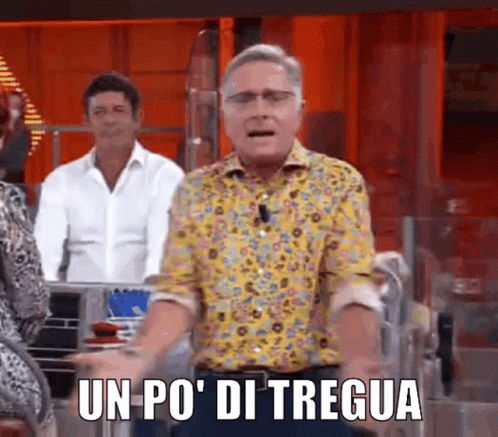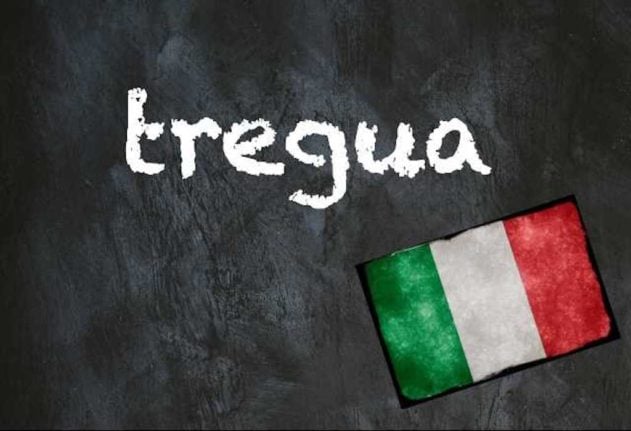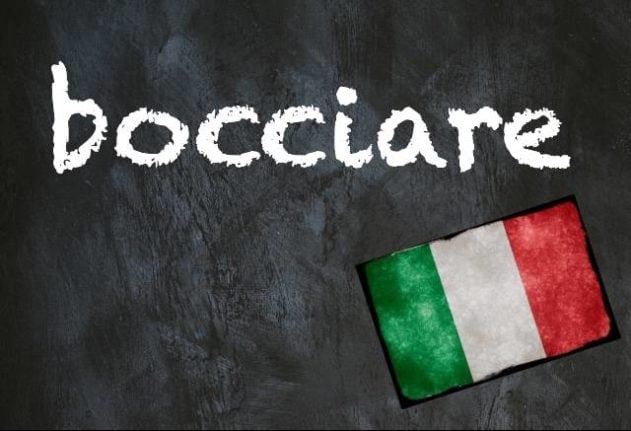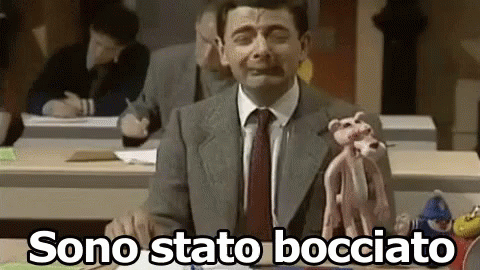If you’re at a deadlock with an opponent and want to move forward, there’s one Italian word you’ll want to familiarise yourself with: tregua.
It means ‘truce’ or ceasefire, and is used to mean an armistice between warring factions or political opponents, just like in English.
Le due nazioni hanno dichiarato una tregua dopo anni di guerra.
The two nations declared a ceasefire after years of war.
Aspettiamo che concordino la tregua.
We’re waiting for them to agree to the truce.
It’s also the title of Auschwitz survivor Primo Levi’s acclaimed memoir and the sequel to his book ‘If this is a man’, translated directly as ‘The Truce’ in the UK and more loosely as ‘The Reawakening’ in America.

But tregua has meanings in Italian than just ‘truce’.
It can also be used to refer to a break, respite or reprieve after a period of intensity – whether from extreme weather:
La pioggia non dà tregua.
The rain isn’t letting up.
Speriamo che questo caldo ci conceda un po’ di tregua.
Let’s hope this heat grants us a bit of a break.

Work:
Sta lavorando senza tregua.
She’s working relentlessly.
È una gradita tregua dallo stare seduto tutto il giorno davanti a uno schermo.
It’s a welcome respite from sitting in front of a screen all day.
Or individuals, including yourself:
Sono stremati, dovrebbe concedergli un po’ di tregua…
They’re exhausted, she should give them a break…
Dovresti darti una tregua.
You should cut yourself some slack.
See if you can get it into a conversation this week – but if not, don’t be too hard on yourself: datti un po’ di tregua.
Do you have a favourite Italian word or expression you’d like us to feature? If so, please email us with your suggestion.




 Please whitelist us to continue reading.
Please whitelist us to continue reading.
Member comments